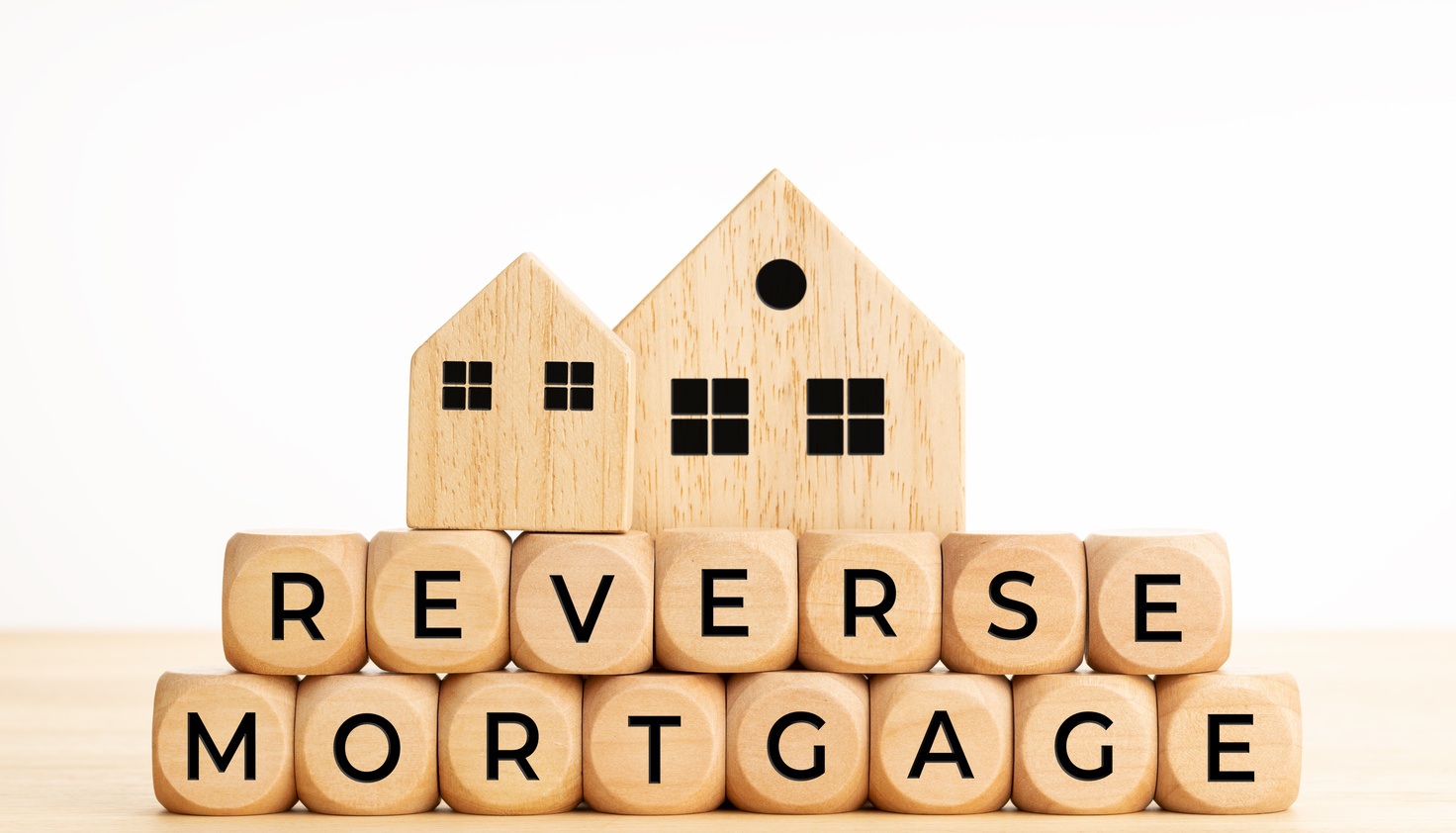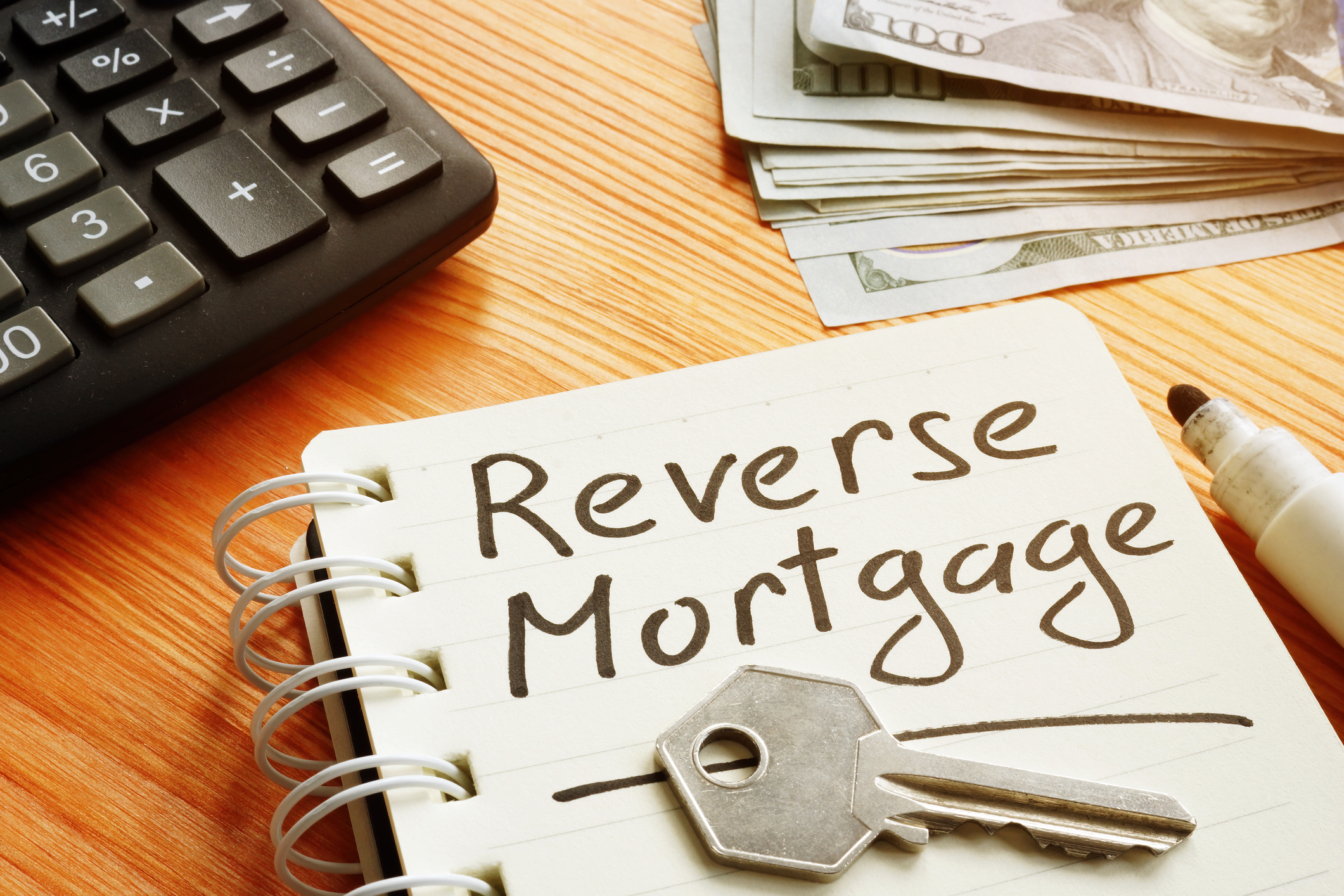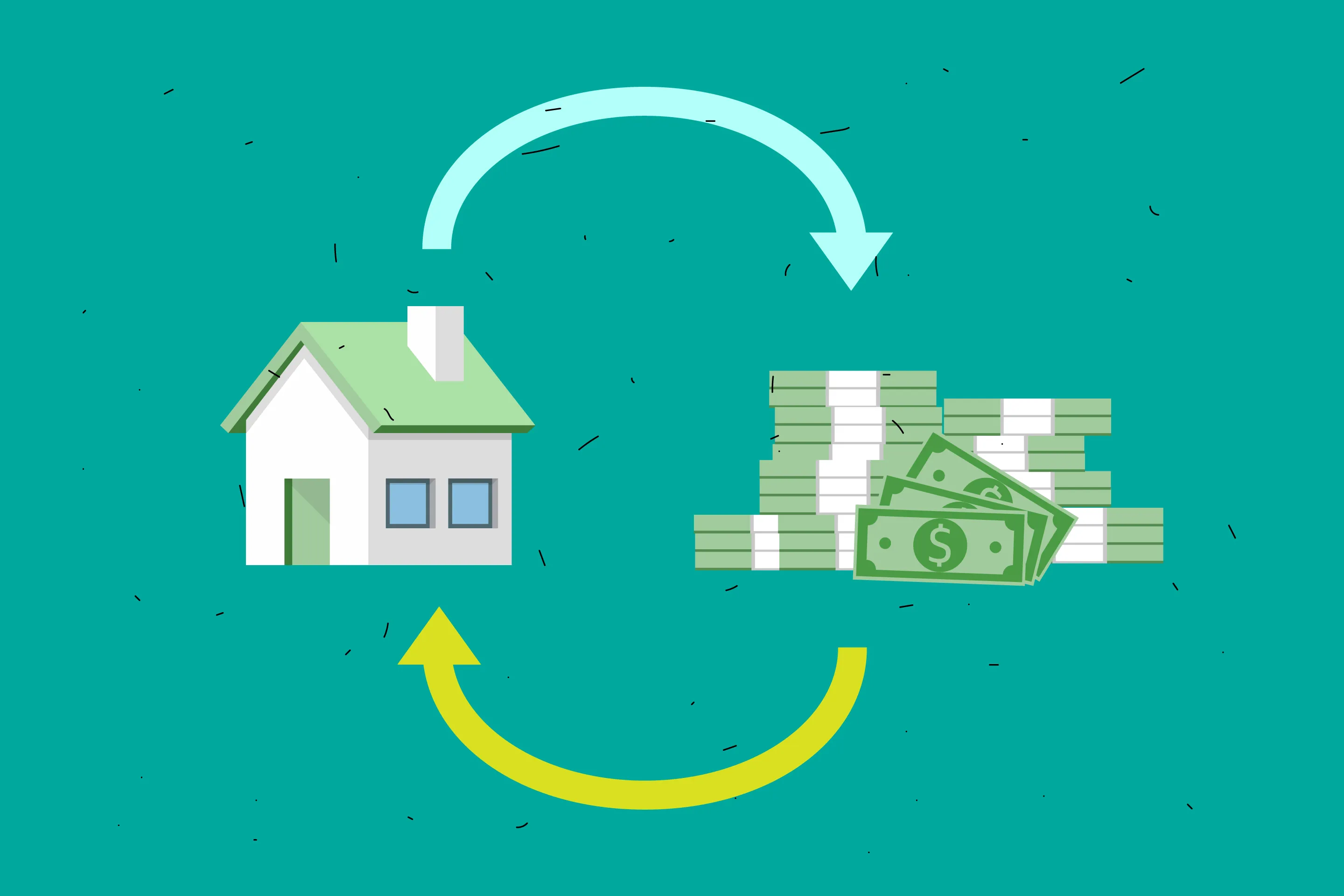Step-By-Step: How to Purchase a Reverse Home Loan With Self-confidence
Navigating the intricacies of purchasing a reverse home mortgage can be challenging, yet a methodical method can empower you to make informed choices. It begins with examining your qualification and comprehending the subtleties of numerous finance choices readily available in the market (purchase reverse mortgage). As we discover each action, it comes to be noticeable that confidence in this financial decision pivots on thorough prep work and educated selections.
Recognizing Reverse Home Mortgages

The key mechanism of a reverse home loan includes borrowing against the home's value, with the financing quantity raising over time as passion accumulates. Unlike standard home loans, consumers are not required to make regular monthly payments; rather, the funding is repaid when the homeowner offers the residential property, leaves, or dies.
There are two main sorts of reverse home loans: Home Equity Conversion Home Mortgages (HECM), which are government insured, and exclusive reverse home loans provided by personal loan providers. HECMs commonly provide greater security as a result of their regulatory oversight.
While reverse home loans can use monetary relief, they also include expenses, including source charges and insurance costs. For that reason, it is essential for potential debtors to completely understand the terms and effects prior to proceeding with this financial alternative.
Assessing Your Qualification
Eligibility for a reverse home loan is mainly identified by numerous key variables that prospective debtors should take into consideration. Applicants have to be at least 62 years of age, as this age demand is established to make certain that debtors are coming close to or in retired life. In addition, the home must function as the debtor's primary residence, which indicates it can not be a holiday or rental property.
One more important element is the equity setting in the home. Lenders typically require that the customer has an enough quantity of equity, which can affect the amount available for the reverse mortgage. Normally, the extra equity you have, the larger the financing quantity you might get.
Additionally, potential consumers should demonstrate their capacity to satisfy monetary responsibilities, consisting of real estate tax, home owners insurance, and maintenance prices - purchase reverse mortgage. This evaluation usually consists of an economic assessment carried out by the lending institution, which assesses income, credit rating, and existing debts
Lastly, the building itself need to satisfy details criteria, consisting of being single-family homes, FHA-approved condos, or particular manufactured homes. Recognizing these factors is essential for figuring out qualification and getting ready for the reverse home mortgage procedure.

Looking Into Lenders
After identifying your qualification for a reverse home mortgage, the following step includes researching lending institutions that offer these economic items. It is essential to identify trusted loan providers with experience in reverse home loans, as this will ensure you obtain trustworthy support throughout the process.
Begin by reviewing loan provider qualifications and qualifications. Look for lending institutions who are participants of the National Opposite Home Loan Lenders Organization (NRMLA) and are authorized by the Federal Housing Administration (FHA) These affiliations can indicate a commitment to moral practices and compliance with market requirements.
Checking out client testimonials and testimonies can give insight into the loan provider's credibility and client service high quality. Websites like the Better Organization Bureau (BBB) can additionally provide ratings and problem backgrounds that may help inform your decision.
Furthermore, speak with financial consultants or real estate counselors that focus on reverse mortgages. Their proficiency can aid you browse the options readily available and recommend credible lending institutions based upon your distinct financial scenario.

Contrasting Finance Alternatives
Contrasting funding choices is a critical action in safeguarding a reverse home mortgage that lines view up with your monetary objectives. When assessing different reverse home loan items, it is necessary to consider the details features, expenses, and terms related to each option. Start by evaluating the type of reverse home mortgage that finest suits your needs, such as Home Equity Conversion Home Mortgages (HECM) or exclusive car loans, which might have different eligibility criteria and benefits.
Next, take notice of the rate of interest and fees related to each car loan. Fixed-rate finances provide stability, while adjustable-rate choices might offer lower initial rates however can rise and fall in time. In addition, think about the upfront costs, consisting of home loan insurance coverage costs, source charges, and closing prices, as these can substantially affect the overall cost of the lending.
Additionally, examine the repayment terms and how they line up with your long-lasting monetary method. When the financing need to be repaid is vital, comprehending the effects of how and. By completely comparing these elements, you can make a notified decision, ensuring your choice supports your economic wellness and offers the safety and security you look for in your retired life years.
Settling the Acquisition
Once you have carefully evaluated your options and selected one of the most appropriate reverse mortgage item, the next step is to wrap up the acquisition. This process involves several important steps, making certain that all needed documentation is precisely finished and sent.
First, you will require to collect all needed paperwork, consisting of proof of earnings, my company real estate tax declarations, and house owners insurance policy documents. Your lender will give a list of certain documents required to facilitate the approval process. It's crucial to provide precise and complete details to avoid delays.
Next, you will go through a thorough underwriting procedure. Throughout this stage, the lender will examine your economic circumstance and the worth of your home. This might consist of a home evaluation to identify the property's market value.
Once underwriting is full, you will receive a Closing Disclosure, which describes the last terms of the financing, consisting of costs and rate of interest. Testimonial this document meticulously to guarantee that it aligns with your assumptions.
Conclusion
In conclusion, navigating the procedure of acquiring his explanation a reverse home mortgage requires a thorough understanding of qualification requirements, diligent research on loan providers, and mindful contrast of finance alternatives. By systematically adhering to these steps, individuals can make enlightened decisions, guaranteeing that the chosen home loan lines up with economic objectives and requirements. Ultimately, a knowledgeable approach fosters self-confidence in securing a reverse home mortgage, offering economic stability and assistance for the future.
Look for loan providers who are participants of the National Reverse Home Mortgage Lenders Association (NRMLA) and are approved by the Federal Real Estate Administration (FHA)Comparing funding choices is a crucial action in safeguarding a reverse mortgage that aligns with your financial objectives (purchase reverse mortgage). Start by examining the kind of reverse home loan that best fits your needs, such as Home Equity Conversion Home Mortgages (HECM) or proprietary finances, which may have different eligibility requirements and benefits
In conclusion, browsing the procedure of purchasing a reverse home loan needs an extensive understanding of eligibility standards, thorough study on lending institutions, and careful contrast of car loan choices. Ultimately, a knowledgeable approach promotes self-confidence in securing a reverse home mortgage, providing monetary stability and assistance for the future.